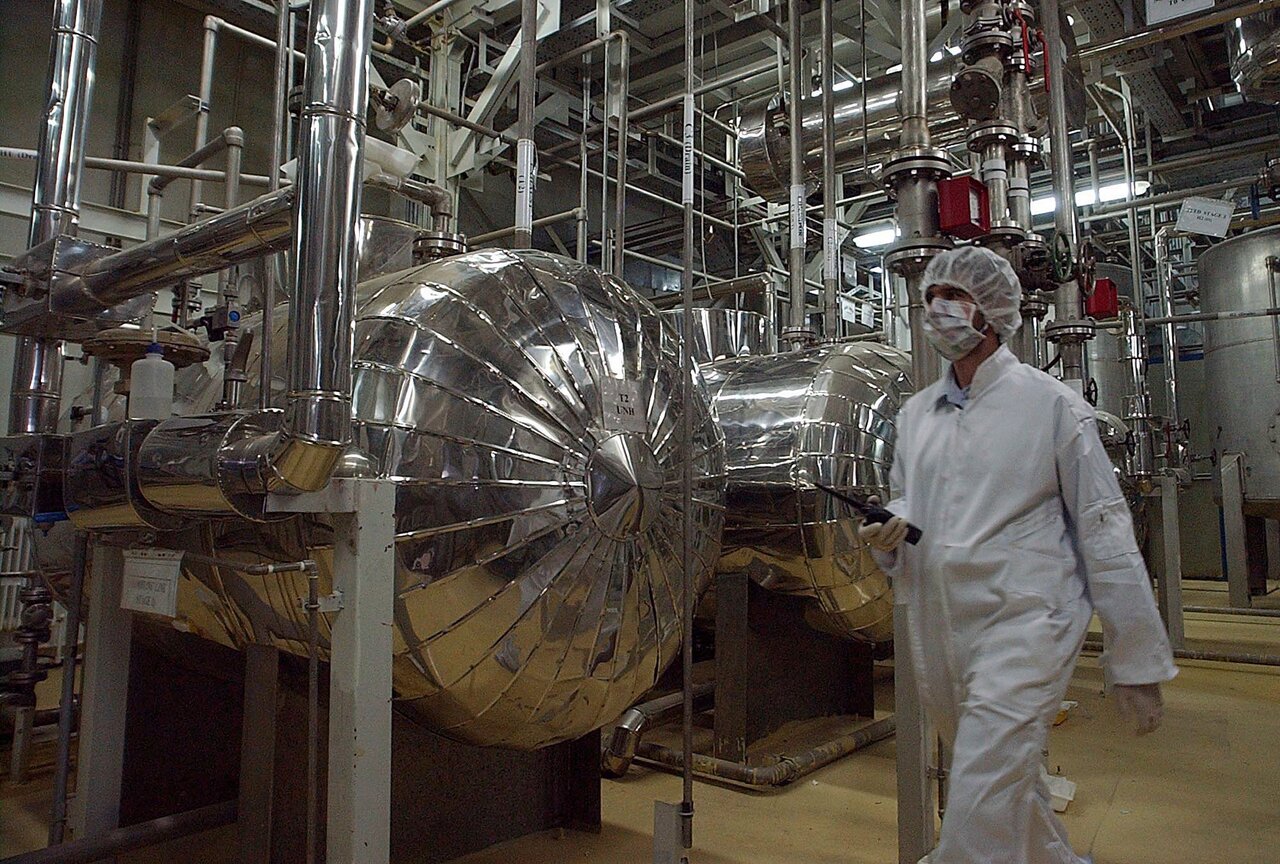‘No military solution to Iran nuclear issue — only diplomatic multilateralism,’ argues Marc Finaud
Former French foreign ministry spox underscores necessity of multilateral agreements for lasting peace

TEHRAN- In an exclusive interview with the Tehran Times, Marc Finaud, Senior Advisor at the Geneva Centre for Security Policy (GCSP) and former spokesperson for the French Foreign Ministry, offered his expert analysis on France’s recent move to activate the JCPOA “snapback” mechanism, reinstating UN sanctions on Iran. He also explored the wider diplomatic and strategic implications for Europe and the broader West Asia.
Finaud shed light on the growing frustrations within the “E3” — France, Germany, and the UK — amid their challenges in bridging the divide between Iran and the United States following Washington’s 2018 withdrawal from the nuclear deal. He examined the delicate balance Europe seeks to maintain between asserting its independent policy agenda and navigating pressures from Washington, all against the backdrop of Iran’s strengthening ties with Russia and China.
Discussing the future of nuclear diplomacy, Finaud emphasized that a lasting solution requires a genuinely multilateral framework, potentially incorporating regional actors to foster trust and stability. Reflecting on the JCPOA’s complex history, he offered valuable insights into lessons learned and outlined pragmatic steps for Iran and Europe to reduce nuclear risks and preserve the path for renewed negotiations.
The following is the text of the interview:
France, along with Germany and the UK, recently activated the JCPOA 1snapback mechanism, restoring UN sanctions on Iran due to what they call nuclear violations. How do you assess the strategic rationale for this snapback move, and in your view, what are its likely diplomatic outcomes for Europe and Iran?
Apparently, there was some frustration within the "E3", who initiated the JCPOA, due to their failure in mediating between Iran and the United States to solve the crisis resulting from the 2018 Trump withdrawal and the Iranian response in suspending most of the key provisions of the JCPOA, thereby raising suspicions that Tehran's program was no longer entirely peaceful.
With the JCPOA now considered functionally expired according to Resolution 2231’s time limits, do you see any realistic path for reviving a multilateral nuclear agreement with Iran or, alternatively, a new diplomatic architecture for non-proliferation in the region?
The Israeli and US military strikes against Iran's nuclear program demonstrated that there is no military solution to the crisis, only a diplomatic one. Trump, apparently, gave preference to a bilateral agreement while the Europeans, Russia, and China would prefer a multilateral agreement, with a role for the UN Security Council and the IAEA. Alternatively, there could be a more regional agreement with the Arab countries and possibly Turkey, that would provide some form of mutual trust and stability and contribute to regional non-proliferation.
To what extent do you think Europe’s recent decision to trigger the snapback mechanism reflects a genuine independent policy choice versus alignment with US pressure?
It is clear that the US could not activate the "snapback" on its own, no longer being a participant in the JCPOA. Perhaps the Europeans wanted to placate the US to avoid being affected by secondary sanctions or being sidelined in case of a bilateral agreement. This could also be some form of compensation towards Israel after being critical of the war against Gaza.
Given the evolving geopolitical context with Russia and China’s positions, how does that affect Europe’s ability to act autonomously on Iran?
Iran understandably now gives preference to its strategic relations with Russia and China and no longer trusts the Europeans. However, in the long run, if there is a resolution to the crisis, it would be in Tehran's interest to restore relations with the EU because of the potential in trade and investment with the largest economic bloc in the world.
Looking back at the entire trajectory from the 2002 E3-Iran talks to today’s breakdown, what are the key lessons to be drawn for future multilateral agreements involving rivals and powers with differing priorities?
The JCPOA has been considered by many as a successful model of diplomatic multilateral negotiation made of mutual concessions and benefits, with the lifting of sanctions acting as an incentive while imposing sanctions had failed to achieve their political goals that was a change in behavior by Iran.
Given today’s diplomatic stalemate, what practical steps would you recommend, both for Iran and for France/EU, to reduce nuclear risks and keep the door open for future negotiations?
There should be renewed talks, preferably confidential to avoid public opinion or media pressure, aiming at a new agreement based on reciprocity and mutual concessions. The only way for Iran to obtain sanctions relief would be to give verifiable assurances that its nuclear program is only peaceful, including displaying full transparency about the peaceful applications of its current or future highly enriched uranium, especially now that Russia offered to build new reactors using nuclear fuel supplied by Moscow.
Leave a Comment